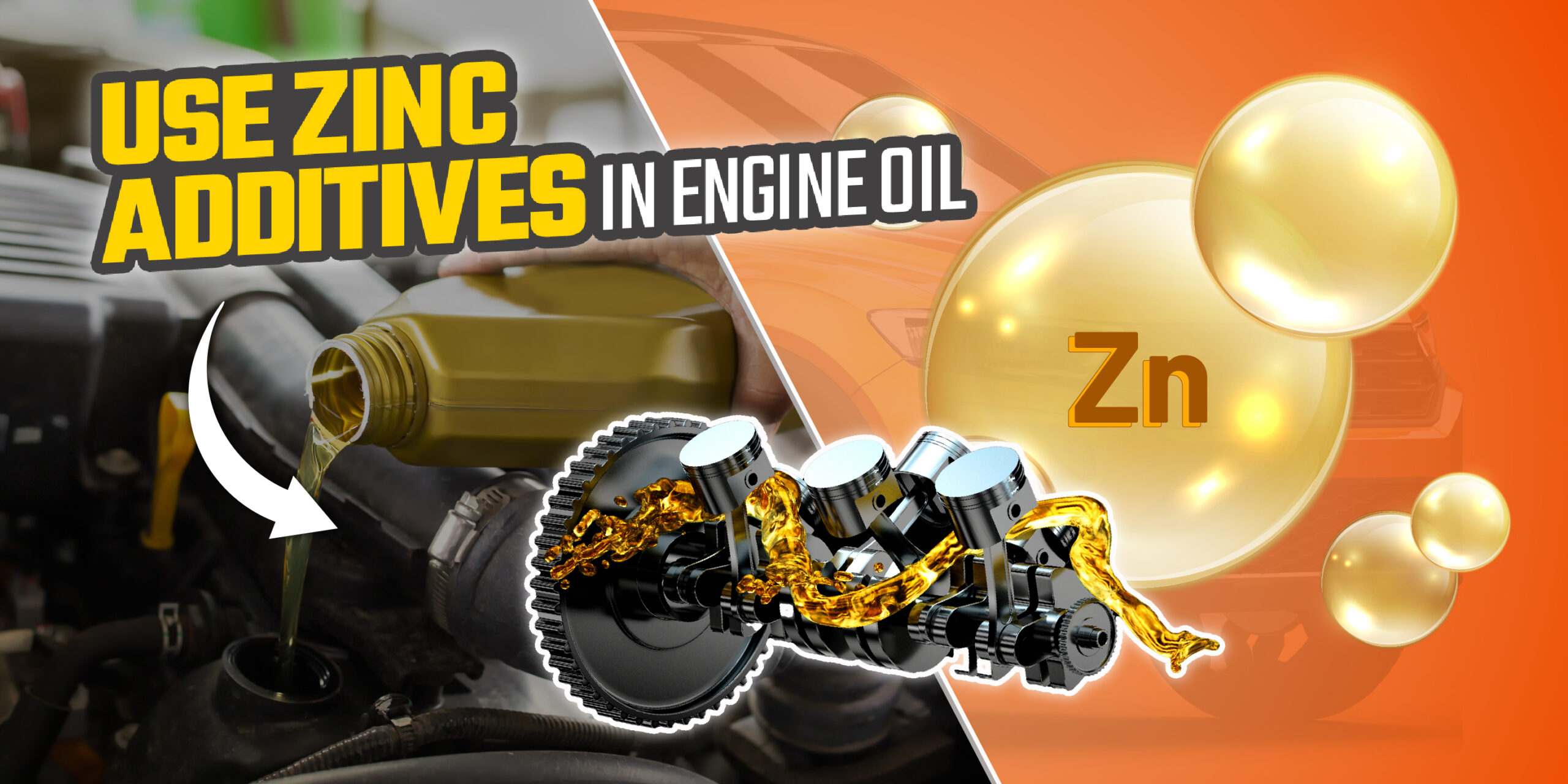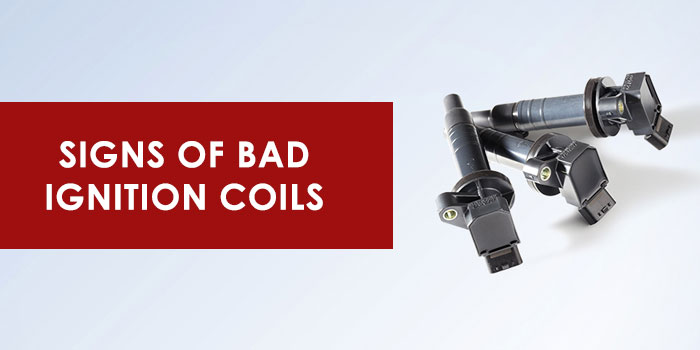
Zinc is an often-mentioned topic that comes up when engine oil additives are discussed among car enthusiasts. It is famous for its anti-corrosion properties and the protective layer it forms on metal. This key feature of zinc additives in engine oil makes it well suited to enhance lubrication, prevent wear and tear and keep components from getting damaged prematurely. Let’s take a closer look at zinc oil additives and find out if you should add them to your vehicle’s engine.
What Are Zinc Additives for Engine Oil?
Zinc in the form of zinc dialkyl dithiophosphate (ZDDP) plays an important role in the efficiency and life of engines, especially on older vehicles that were designed with flat tappet type valves. This special compound is added with an oil change to protect the engine’s critical components such as pistons, valves, camshafts, bearings and springs. Checkout Here What Does Oil Do In A Car Engine.
Let’s look more closely at the key advantages of using zinc additives in engine oil:
Anti-Wear Properties:
Zinc and sulphate compounds release ions under temperature and pressure that form an anti-wear film on metal surfaces. This prevents direct metal-on-metal contact which can lead to decreased wear and tear on components. They also undergo chemical reactions that improve the durability of engine parts that are constantly under load. Engine oil with zinc additives offers continuous protection and is commonly used in race cars or vehicles that are driven off-road under extreme operating conditions.
Anti-Oxidation Properties:
Engine oil undergoes oxidation when exposed to the atmosphere and through constant high-pressure cycles and temperatures. Once oxidation of the oil occurs, the lubrication and heat dissipation are severely reduced, leading to engine overheating and not running smoothly. Zinc additives act as antioxidants inhibiting oil from breaking down and losing its viscosity and lubrication abilities. This gives engine oil mixed with zinc high thermal stability over extended periods of use.
Shear Stability:
Shear forces occur when one metal surface slides against another, causing friction and damage over time. Zinc improves the shear stability of engine oil, ensuring consistent lubrication in areas subject to high mechanical stress and temperatures. Parts of the engine such as pistons and cylinders can move smoothly without any resistance.
Compatibility with Older Engines:
Vehicles equipped with flat tappet valve systems required zinc additives to keep them running well. These valves were prone to premature wear and zinc additives added a layer of protection for them against damage. The modern engine has a different valve design and relies on other compounds for anti-wear properties.
Added Lubrication:
Zinc has high lubrication to reduce friction between moving parts. By minimising friction, engines run with improved fuel efficiency, reduced heat generation, and high performance.
Here is an interesting guide on engine flushing to keep your engine running smoothly on your next oil change.
Should I Add Zinc Additives to My Engine Oil?
Although zinc has multi-faceted advantages in terms of improving engine efficiency and protection, understanding the drawbacks of using zinc in engine oil is also important. It is crucial to consider these disadvantages before you decide to use these additives in your engine oil.
Impact on Catalytic Converters:
Most modern engines use catalytic converters in their exhaust systems to reduce pollution and toxic exhaust fumes that can harm the environment. Catalytic converters contain precious metals that facilitate chemical reactions, converting carbon monoxide and nitrogen oxide into less harmful gases that lessen their impact on the environment. High levels of zinc in engine oil can lead to the formation of deposits on the catalytic convert that renders them less effective. Since catalytic converters are expensive to repair or replace, it is wise to extend their life as long as possible. The use of zinc will diminish the performance of catalytic converters leading to harmful emissions and environmental concerns.
Environmental Concerns:
Zinc is a heavy metal with a long half-life, meaning it takes many years to decompose. During an oil change, if the engine oil is not disposed of properly, it could end up in the soil and water sources posing a risk to ecosystems. Heavy metals in the environment lead to health concerns for humans and animals and can even affect plant life. Regulatory bodies advocate the use of alternate compounds that are safe when released into our surroundings for a greener future.
Incompatibility With Modern Engines:
The valve systems, electronics and sensors in advanced engines of today can suffer accelerated wear when exposed to zinc additives. The metals used in modern engines can tolerate a high level of stress without the need of zinc to reduce damage.
Limited Applications With Synthetic Oils:
Certain synthetic oils may not be designed to work well with zinc additives as they have alternative compounds to increase lubrication and improve protection. The use of zin in these types of synthetic oils may compromise their effectiveness. Check your service manual to see if your car runs on Conventional oil or Synthetic engine oil.
Sludge Formation:
Although zinc additives have benefits in terms of reducing carbon deposit buildup in engines, they can have the opposite effect if the engine oil is not changed regularly or if the vehicle is not maintained well. In these cases, zinc can lead to sludge formation that can impede the circulation of lubricant in turn leading to increased friction, high operating temperatures and potential engine damage in the long run.
Advances in engine technology have made the effects of zinc additives for motor oil less relevant. New engines have different lubrication needs due to better temperature regulation through the use of aluminium and magnesium metals instead of iron and steel. Also, the extensive use of catalytic converters, sensitive oxygen sensors and electronics prohibits the use of excessive zinc in engine oil.
What Kind of Additives Can I Use Instead of Zinc?
If you are looking for alternatives to zinc additives for engine oil, some compounds can offer the same advantages without the drawbacks mentioned such as environmental effects, damage to catalytic converters or frequent maintenance.
Liqui Moly engine additives contain Molybdenum disulfide which is an excellent anti-wear agent and provides a high degree of protection against friction, wear and stress in engines. Liqui Moly also uses ceramic nano particles that act as solid lubricants reducing friction and wear, and are therefore not subject to high-temperature and pressure stress conditions.
Liqui Moly smoke stop targets piston rings and valves to clean them, leading to proper combustion and decreasing smoke and oil misting. It also combats the loss of oil viscosity, ensuring optimal lubrication even under challenging conditions. With proper sealing of valves and piston rings, engines can develop higher compression which equates to better performance and high mileage. In the end, you are left with longer engine life due to high levels of protection for moving engine parts.
Another interesting product that is recommended by automotive experts is Liqui Moly Engine Oil Treatment which can be used in both petrol and diesel engines to create a high lubricating film on engine components. Noise at high rpms and vibration associated with some engines are greatly reduced as the friction busters get to work on pistons, cylinders, valves, camshafts and crankshafts. In addition, special additives used in Liqui Moly products offer very good thermal resistance and stability in extreme conditions. These additives do not damage sensitive catalytic converters or sensors, turbochargers or superchargers in advanced electronically controlled engines.
Other essential oil additives in modern engine lubricants include detergents to prevent the buildup of carbon deposits and prevent clogging of oil galleys. Anti-foaming agents are also added to keep lubrication consistent and for proper oil circulation. Rust and corrosion are also a concern in engines, which is addressed by using anti-rust agents that prevent damage caused by exposure to moisture or air.
Take into account your vehicle’s engine specifications before you decide on the right engine oil additives. Weigh the advantages and drawbacks or consult with a certified technician to be on the safe side.
Conclusion
The quest for a clean running vehicle and high efficiency without compromises on performance is something that all car enthusiasts are striving for. With older engines, zinc additives were the preferred choice due to their anti-wear properties and high lubrication. However, the negative effects on catalytic converters and their environmental concerns have now reserved them only for special applications such as racing and off-roading. With this limited domain, it made sense to develop new engine oil additives that are sustainable and suitable for a wide range of vehicle use. The use of advanced molybdenum compounds, graphite and ceramics can now be found in most engine oil additives available at online car accessory stores. These products let car owners drive with confidence knowing their engines are well maintained with minimum impact on the environment.
If you liked this article on zinc additives in engine oil, you should check out more interesting posts on the Carorbis blog. Here you will find the latest automotive news, car and bike comparisons, how-to guides, information on the best automotive accessories and other car enthusiast topics.
Learn how to change engine oil at home which can help you save money and time at a mechanic shop.
Frequently Asked Questions
Q1. Do Zinc Additives Work?
Ans. Zinc additives in engine oil can reduce friction and prevent wear and tear in moving parts. They are used in older engines with flat tappet-type camshafts.
Q2. What Does Zinc Additive Do?
Ans. Zinc additives work by forming a protective layer between moving metal parts, that prevents them from rubbing against each other causing wear and tear. They play an important role in safeguarding engines.
Q3. Why Was Zinc Removed From Motor Oil?
Ans. Zinc additives cause premature wear in catalytic converters used in modern exhaust systems and can potentially lead to increased emissions. Environmental concerns caused manufacturers to stop using zinc additives in engine oil.
Q4. Can You Put Zinc Additive In Synthetic Oil?
Ans. Zinc additives are compatible with only certain types of synthetic engine oil. It is best to check the manufacturer’s recommendation or consult with a certified technician before adding zinc additives to synthetic engine oil.
Q5. Is Zinc Good For A Motor?
Ans. Zinc additives can be beneficial for engines as they improve the lubrication properties of engine oil, reduce heat build-up and protect metal-on-metal wear and tear by providing a protective film between moving components. Engine efficiency and life are improved with zinc additives.
Q6. Where To Buy Zinc Oil Additive?
Ans. Zinc additives are sold at online car accessories stores. They are added to engine oil during a service to increase the efficiency of the motor. You can even buy engine oils blended with zinc additives. However, it is best to check if your vehicle is compatible with these kinds of engine oils.
Q7. What are High Zinc Motor Oil Brands?
Ans. Valvoline offers racing engine oil with high zinc additives for extreme protection of components such as pistons, valves, cams and bearings under stressful conditions.
Q8. What Happens With Too Much Zinc In Motor Oil?
Ans. Although zinc additives can reduce friction and damage to engine components, an excess of zinc compounds can lead to ash formation in the exhaust which damages catalytic converters. This will lead to increased emissions and can even impact engine performance in modern vehicles.
Q9. Is Zinc In Oil Myth?
Ans. Zinc is a common additive in engine oil because of its anti-wear properties and the protective layer it adds to metal surfaces in high-stress areas of the engine.
Q10. What is the Best Zinc Oil Additive?
Ans. Zinc dialkyl dithiophosphate (ZDDP) is the active zinc compound used in engine oils for enhanced lubrication, extra protection and high performance in all driving conditions.







